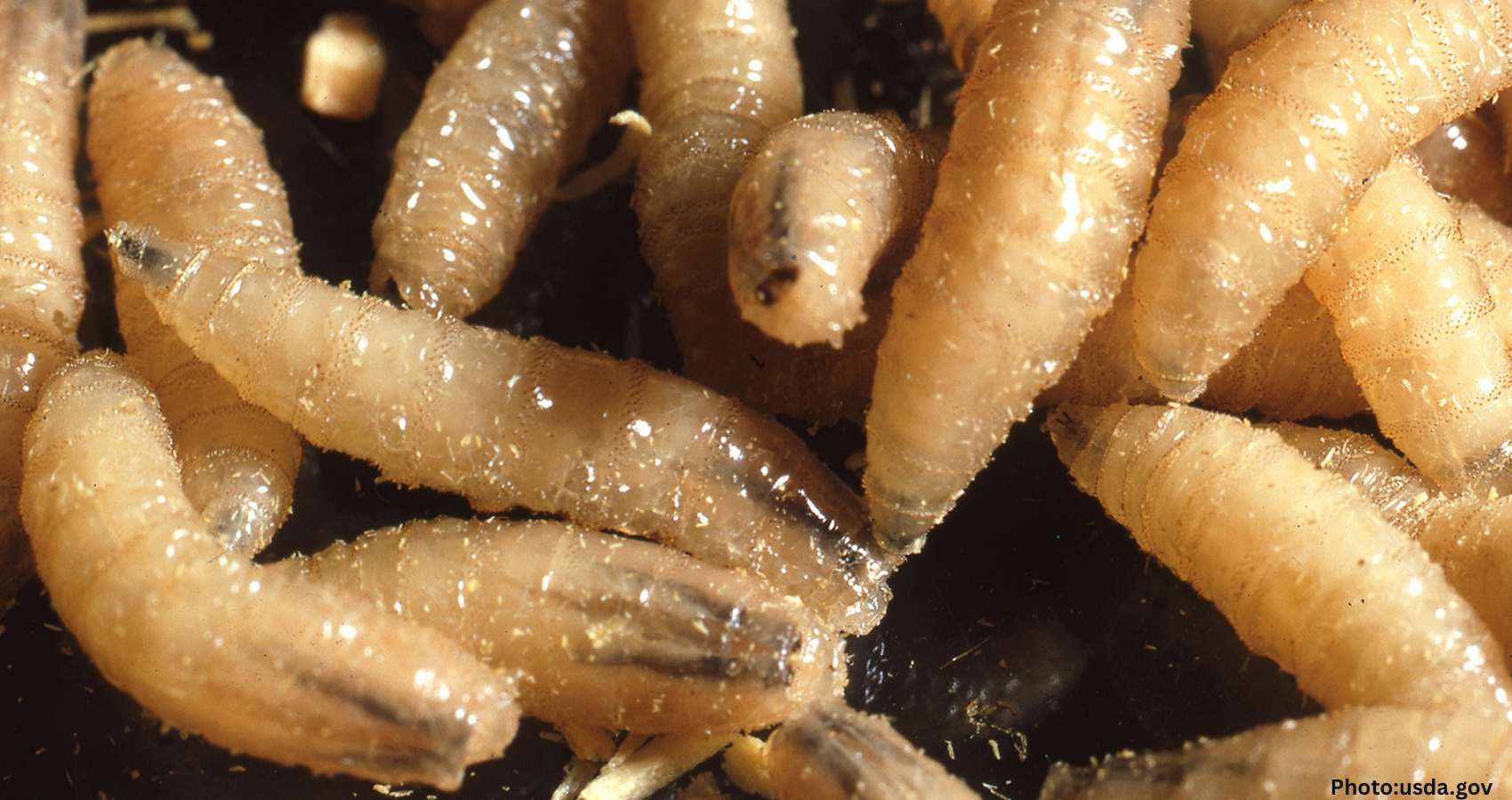The CDC has confirmed a case of human screwworm infection in Maryland linked to a Central American outbreak, but officials say the risk to public health is very low.
The Centers for Disease Control and Prevention (CDC) has confirmed the first case of a travel-associated human screwworm infection in Maryland. This case is linked to an outbreak in Central America, specifically in El Salvador.
Andrew Nixon, a spokesperson for the Maryland Department of Health and Human Services, informed Fox News Digital that the patient had recently returned from El Salvador, a country currently experiencing a screwworm outbreak. The CDC collaborated with state health officials to investigate the case.
On August 4, the CDC confirmed the diagnosis after experts analyzed images of the larvae. Nixon emphasized that “the risk to public health in the United States from this introduction is very low.”
The New World screwworm, also known as myiasis, is a parasitic infestation caused by fly larvae that feed on living flesh. According to the CDC, individuals can contract myiasis when female flies deposit their eggs on or near a person’s wounds, nose, or ears. The condition can also be transmitted through ticks and mosquitoes that carry the fly’s eggs.
As the larvae grow and consume flesh, a lump develops in the infected person’s tissues. Health experts warn that if left untreated, myiasis can be fatal.
The CDC notes that myiasis is not common in the United States. Most cases diagnosed in the U.S. involve individuals who have traveled to tropical regions where the condition is more prevalent. Livestock, including cattle, sheep, and goats, are particularly susceptible to this parasite, making it a significant economic concern.
In recent reports, Reuters highlighted that the CDC had confirmed a case of New World screwworm in Maryland from a traveler returning from Guatemala. However, the discrepancy regarding the origin of the case remains unverified.
This summer, USDA Secretary Brooke Rollins announced plans to establish a sterile fly facility in Texas aimed at combating the screwworm pest. A potential outbreak in Texas could lead to an estimated economic loss of $1.8 billion due to livestock deaths, labor costs, and medication expenses.
As of now, there have been no confirmed animal cases of screwworm infection in the U.S. this year. Fox News Digital has reached out to the USDA for further comments on the situation.
Source: Original article

